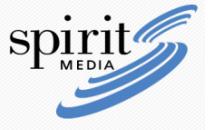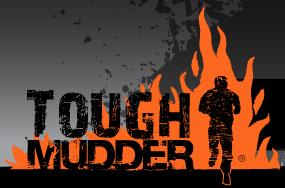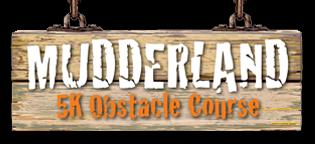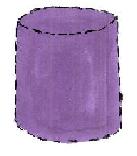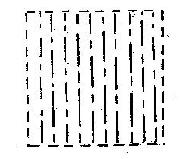South Bend, Ind. — Trademark lawyers for Coach, Inc. of New York, N.Y. and Coach Services, Inc. of Jacksonville, Fla. (collectively, “Coach”) sued Downtown Gift Shop of Mishawaka, Ind. and Chun Ying Huang of Granger, Ind. (“Huang”) alleging various violations of intellectual-property law, including trademark infringement, forgery and counterfeiting.
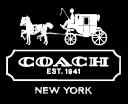 Coach was founded more than 70 years ago as a family-run workshop in Manhattan. Since then, the company has been engaged in the manufacture, marketing and sale of fine leather and mixed-material products including handbags, wallets and accessories including eyewear, footwear, jewelry and watches. Coach products have also become among the most popular in the world, with Coach’s annual global sales currently exceeding three billion dollars.
Coach was founded more than 70 years ago as a family-run workshop in Manhattan. Since then, the company has been engaged in the manufacture, marketing and sale of fine leather and mixed-material products including handbags, wallets and accessories including eyewear, footwear, jewelry and watches. Coach products have also become among the most popular in the world, with Coach’s annual global sales currently exceeding three billion dollars.
On December 8, 2012, a private investigator from Coach visited the Downtown Gift Shop and observed thousands of handbags, boots, and accessories displayed for sale. These items bore the trademarks of many high-end brands including Coach, Louis Vuitton, Chanel and Tiffany.
On December 11, 2012, investigators from Coach accompanied officers from the St. Joseph County Police Department, Indiana State Police Department, and the Department of Homeland Security, to execute a search warrant on Downtown Gift Shop.
The investigators and officers identified, photographed, and seized over 3,000 counterfeit trademarked merchandize, including over 1,000 Coach handbags, wallets, scarves, sunglasses, jewelry, and hats. Coach contends that all of the seized items are counterfeit.
Coach, the owner of at least 47 trademarks, subsequently sued Downtown Gift Shop and Huang, whom Coach contends is individually liable for any infringing activities. It alleges that Downtown Gift Shop and Huang are engaged in designing, manufacturing, advertising, promoting, distributing, selling, and/or offering for sale products bearing logos and source-identifying indicia and design elements that are studied imitations of the Coach trademarks.
The complaint includes counts for trademark infringement, false designation of origin and false advertising under the Lanham Act, 15 U.S.C. §§ 1114, 1116, 1117, 1125(a) and (c); trademark infringement and unfair competition under the common law of the State of Indiana; and forgery under Indiana Code § 35- 43-5-2(b) as well as counterfeiting under Indiana Code § 35-43-5-2(a), pursuant to Indiana Code § 34-24-3-1. These counts are listed as:
· COUNT I (Trademark Counterfeiting, 15 U.S.C. § 1114)
· COUNT II (Trademark Infringement, 15 U.S.C. § 1114)
· COUNT III (False Designation of Origin and False Advertising, 15 U.S.C. § 1125(a))
· COUNT IV (Common Law Trademark Infringement)
· COUNT VII [sic] (Common Law Unfair Competition)
· COUNT VIII (Forgery Under Ind. Code § 35-43-5-2(b))
· COUNT IX (Counterfeiting Under Ind. Code § 35-43-5-2(a))
· COUNT X (Common Law Unjust Enrichment)
· COUNT XI (Attorneys’ Fees)
Coach asks the court, inter alia, to enter judgment against the defendants on all counts; for an injunction against further wrongful activity; to order that all infringing materials be recalled and disposed of; to award to Coach statutory damages of $2,000,000 per counterfeit mark per type of good; to award punitive damages; and to award to Coach its costs and attorneys’ fees.
Practice Tip: Homeland Security Investigations (“HSI”), a directorate of U.S. Immigration and Customs Enforcement, is one of the agencies charged with investigating counterfeit goods. Much of the sales volume of counterfeit goods has moved to the Internet and, as part of its efforts, HSI is authorized to petition a court to order the seizure of domain names of websites selling counterfeit goods over the Internet.
One such seized domain name, http://designsfauxreal.com/, has been redesigned by HSI as a warning for visitors and includes such advertising copy as “FREE identity theft with every purchase” and “LOOK! Low quality counterfeit product. On closer inspection, alligator may resemble a tadpole.”
 Indiana Intellectual Property Law News
Indiana Intellectual Property Law News





